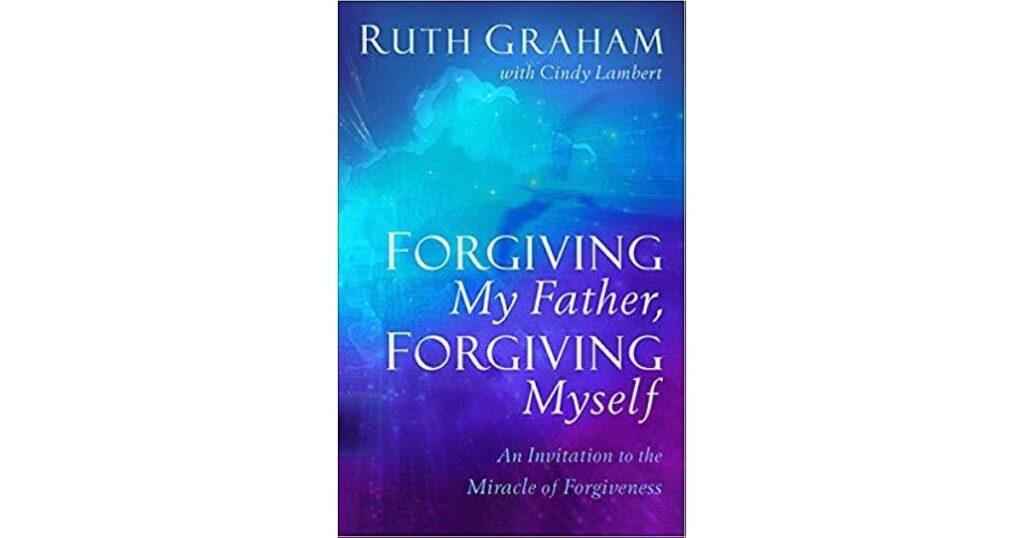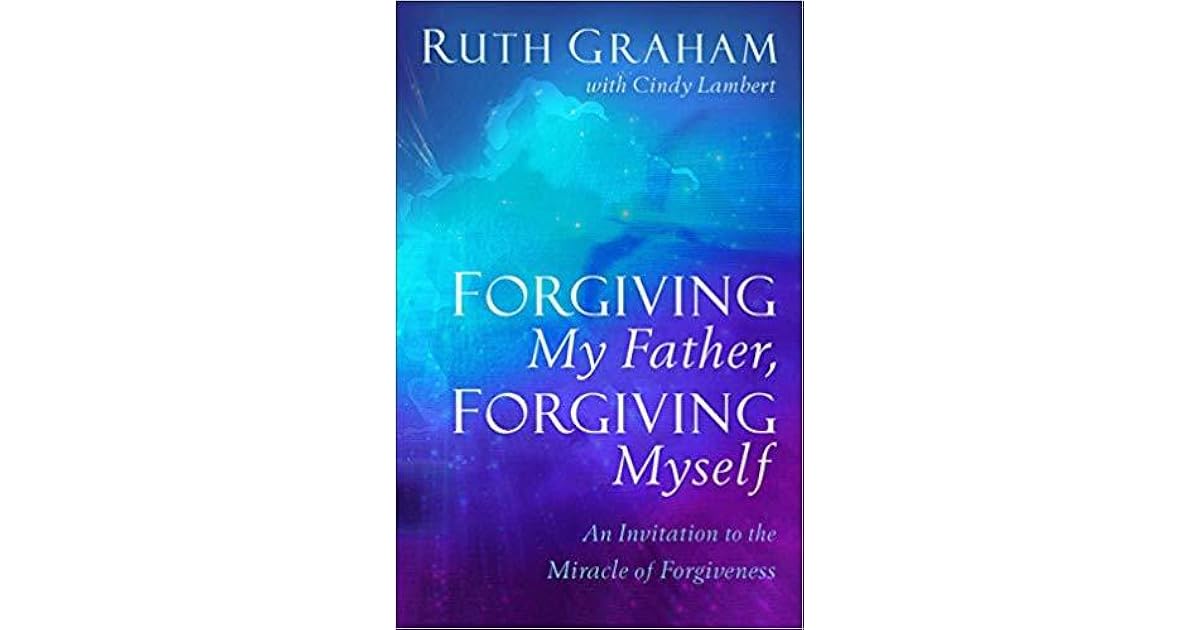
The Power of Pardon: Exploring Children’s Books About Forgiveness
Forgiveness, a cornerstone of emotional intelligence and healthy relationships, can be a complex concept for children to grasp. Luckily, a wealth of children’s books about forgiveness exists to guide young readers through understanding, practicing, and embracing this vital life skill. These books offer relatable scenarios, engaging characters, and age-appropriate language to help children navigate feelings of anger, hurt, and resentment, ultimately leading them toward empathy and reconciliation. This article explores some of the best children’s books about forgiveness, examining how they can be used to teach valuable lessons about understanding mistakes, extending grace, and moving forward positively.
Why Forgiveness Matters for Children
Understanding forgiveness is crucial for children’s social and emotional development. Holding onto grudges can lead to feelings of anxiety, sadness, and isolation. Teaching children about forgiveness equips them with the tools to manage conflict constructively, build stronger relationships, and develop resilience. Children’s books about forgiveness provide a safe and accessible way to introduce these complex ideas and foster a culture of understanding and compassion.
Moreover, learning to forgive others also encourages self-reflection. It prompts children to consider their own actions and understand that everyone makes mistakes. This self-awareness is essential for personal growth and helps children develop a sense of responsibility for their behavior. By reading stories about characters who learn to forgive, children can see the positive impact of letting go of anger and choosing kindness.
Key Themes in Children’s Books About Forgiveness
Children’s books about forgiveness often explore several recurring themes that help children understand the concept in different contexts:
- Understanding Mistakes: Many books emphasize that everyone makes mistakes and that making errors is a natural part of learning and growing.
- Empathy and Perspective-Taking: These books encourage children to consider the other person’s point of view and understand why they might have acted in a certain way.
- Letting Go of Anger: A central theme is the importance of releasing anger and resentment, as holding onto these feelings can be harmful.
- The Power of Apology: The role of sincere apologies in repairing relationships and restoring trust is often highlighted.
- Moving Forward: Books often focus on the positive outcomes of forgiveness, such as improved relationships and a sense of peace.
Recommended Children’s Books About Forgiveness
Here are some highly recommended children’s books about forgiveness, categorized by age and focusing on the valuable lessons they teach:
Picture Books (Ages 3-7)
- “The Forgiveness Garden” by Lauren Thompson: This beautifully illustrated book tells the story of a garden that thrives when children learn to forgive each other. It emphasizes the importance of nurturing relationships and letting go of negativity. The gentle narrative and vibrant illustrations make it perfect for young children learning about empathy and reconciliation.
- “Even Superheroes Make Mistakes” by Shelly Becker: This book reminds children that even superheroes aren’t perfect and that making mistakes is okay. It encourages children to learn from their errors and forgive themselves and others. The playful tone and relatable scenarios make it an engaging read for young children struggling with perfectionism.
- “Sorry, Sorry!” by Trudy Ludwig: This book addresses the importance of offering sincere apologies and understanding the impact of hurtful words. It helps children differentiate between genuine apologies and empty words, teaching them the importance of taking responsibility for their actions. This book is great for teaching kids about remorse and how to make amends.
- “Little Critter: Just Say I’m Sorry” by Mercer Mayer: Little Critter learns about apologizing and how it can make things better after he makes mistakes. This book uses a familiar character to show young children how to take responsibility for their actions and offer a genuine apology.
Chapter Books (Ages 8-12)
- “Because of Winn-Dixie” by Kate DiCamillo: While not explicitly about forgiveness, this novel explores themes of empathy, understanding, and acceptance, which are essential components of forgiveness. Opal, the main character, learns to see the good in others and extend grace to those who have hurt her.
- “Wonder” by R.J. Palacio: This book tells the story of August Pullman, a boy with facial differences who attends mainstream school for the first time. It highlights the importance of kindness, compassion, and forgiveness in overcoming prejudice and building meaningful connections. Wonder encourages readers to look beyond appearances and embrace differences. [See also: Books about bullying]
- “The War That Saved My Life” by Kimberly Brubaker Bradley: This historical fiction novel explores the transformative power of forgiveness and healing. Ada, a young girl with a clubfoot, learns to trust and forgive her abusive mother with the help of a kind caregiver. The story emphasizes the importance of finding strength and resilience in the face of adversity.
- “Bridge to Terabithia” by Katherine Paterson: While dealing with grief and loss, this book also touches upon themes of forgiveness and understanding. The characters grapple with complex emotions and learn to find solace in their friendship.
How to Use Children’s Books to Teach Forgiveness
Reading children’s books about forgiveness is just the first step. To maximize their impact, consider the following tips:
- Engage in Discussion: After reading a book, ask children questions about the characters’ actions, motivations, and feelings. Encourage them to share their own experiences and perspectives on forgiveness.
- Role-Playing: Act out scenarios from the book or create new ones where children can practice forgiving others and asking for forgiveness.
- Relate to Real-Life Situations: Connect the themes and lessons from the book to real-life situations that children are facing. Help them apply the principles of forgiveness to their own relationships and conflicts.
- Model Forgiveness: Children learn by observing the adults in their lives. Demonstrate forgiveness in your own interactions and talk about how you handle conflicts in a constructive way.
- Create a Forgiveness Ritual: Establish a simple ritual, such as writing down feelings of anger or hurt and then symbolically letting them go, to help children release negative emotions.
The Long-Term Benefits of Teaching Forgiveness
Teaching children about forgiveness has numerous long-term benefits, including:
- Improved Mental Health: Learning to forgive can reduce stress, anxiety, and depression.
- Stronger Relationships: Forgiveness fosters empathy, understanding, and trust, leading to healthier and more fulfilling relationships.
- Increased Resilience: Forgiveness helps children bounce back from setbacks and develop a positive outlook on life.
- Enhanced Social Skills: Learning to resolve conflicts constructively and forgive others improves social competence and reduces aggression.
- Greater Self-Awareness: The process of forgiveness encourages self-reflection and helps children understand their own emotions and behaviors.
Conclusion
Children’s books about forgiveness are powerful tools for teaching young readers about empathy, understanding, and the importance of letting go of anger and resentment. By exploring these books and engaging in meaningful discussions, parents and educators can help children develop the skills they need to build strong relationships, manage conflicts constructively, and live happier, more fulfilling lives. Choosing the right children’s books about forgiveness can be a crucial step in guiding children toward emotional maturity and a better understanding of themselves and others. The lessons learned through these stories can have a lasting impact, shaping children into compassionate, resilient, and well-adjusted individuals. So, dive into the world of children’s books about forgiveness and unlock the power of pardon for the young minds in your life. Encourage them to embrace forgiveness as a pathway to healing, growth, and stronger connections with those around them. Ultimately, fostering a culture of forgiveness starts with educating our children and providing them with the tools they need to navigate the complexities of human relationships. These books offer a valuable starting point, paving the way for a more compassionate and understanding world.

